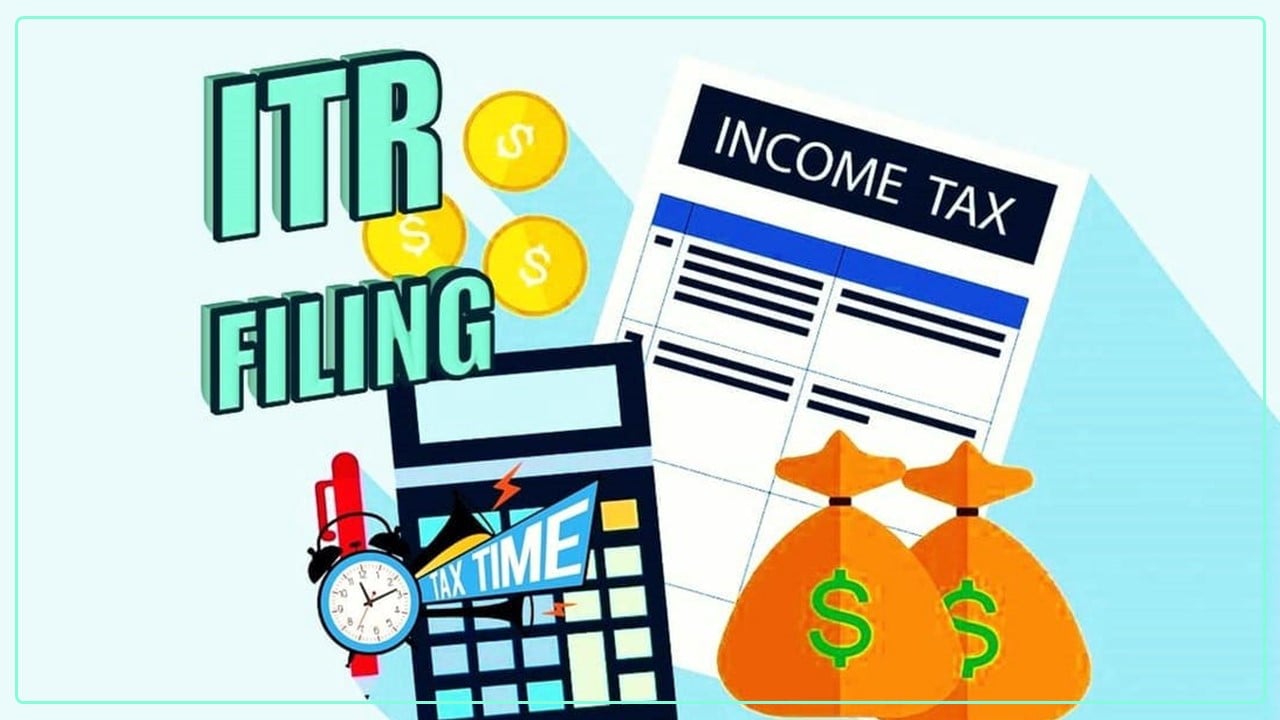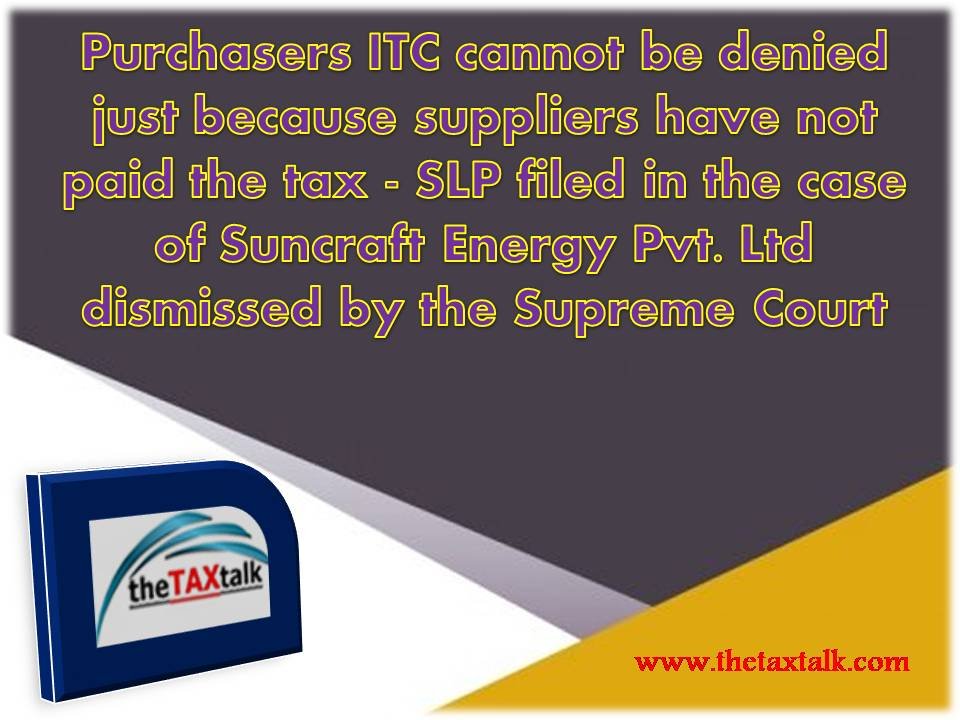The GOP’s struggle to avoid a government shutdown could force a different deal. Politico reports that a group of centrists in the House are holding backroom talks with allies of Speaker Kevin McCarthy (R-CA) about a deal to fund the government. Those involved include members of the bipartisan Problem Solvers Caucus, the Republican Governance Group, and the centrist New Democrat Coalition. The two-pronged plan focuses on a procedural maneuver to force a vote on a compromise spending plan or drafting a bill that can survive challenges from the right. McCarthy may also need Democratic votes to protect his role as Speaker in exchange for significant concessions.
IRS to establish new work unit to support high-income compliance efforts. The IRS announced yesterday that the new group will focus on large, complex pass-through entities. It will be housed in the IRS Large Business and International division and leverage the new hiring initiative announced last week.
Tune in this afternoon: How Moore v. United States Could Alter the Tax Landscape. The US Supreme Court will soon the case challenging the constitutionality of a one-time tax imposed by the 2017 Tax Cuts and Jobs Act on about $3 trillion in undistributed corporate earnings that had accumulated overseas. The plaintiffs argue that the 16th Amendment power to “lay and collect taxes on incomes, from whatever source derived” does not authorize Congress to tax unrealized sums. If the court accepts these arguments, it could upend key parts of the tax code and cost significant revenue. Join TPC and the Tax Law Center at NYU Law today at 1:30 pm EDT. The virtual event hosts leading tax policy and legal experts who will examine the case’s potential fiscal, economic, and administrative ramifications given the history and context of the 16th Amendment. Learn more and register here.
Treasury’s proposed crypto regulations strike a good balance so far. TPC’s John Buhl reviews the Treasury’s proposed regulations outlining who in the cryptocurrency industry is a “broker.” Brokers must provide the IRS with information returns on customers’ cryptocurrency gains and losses. The regulations focus on intermediaries that help customers navigate the growing, evolving crypto financial market. That includes centralized exchanges, but John notes that the inclusion of decentralized finance (DeFi) exchanges make sense. They allow users to conduct many of the same transactions but with less help from an intermediary.
Correction: The Sept. 19 edition’s item on Canada’s planned digital services tax incorrectly explained the level of global agreement on when to levy digital services taxes. Most of the 140 participating economies agreed to wait, but they are not all Organization for Economic and Cooperative Development (OECD) members. The OECD has 38 member countries.
For the latest tax news, subscribe to the Tax Policy Center’s Daily Deduction. Sign up here to have it delivered to your inbox weekdays at 8:00 am (Mondays only when Congress is in recess). We welcome tips on new research or other news. Email Renu Zaretsky at [email protected].




